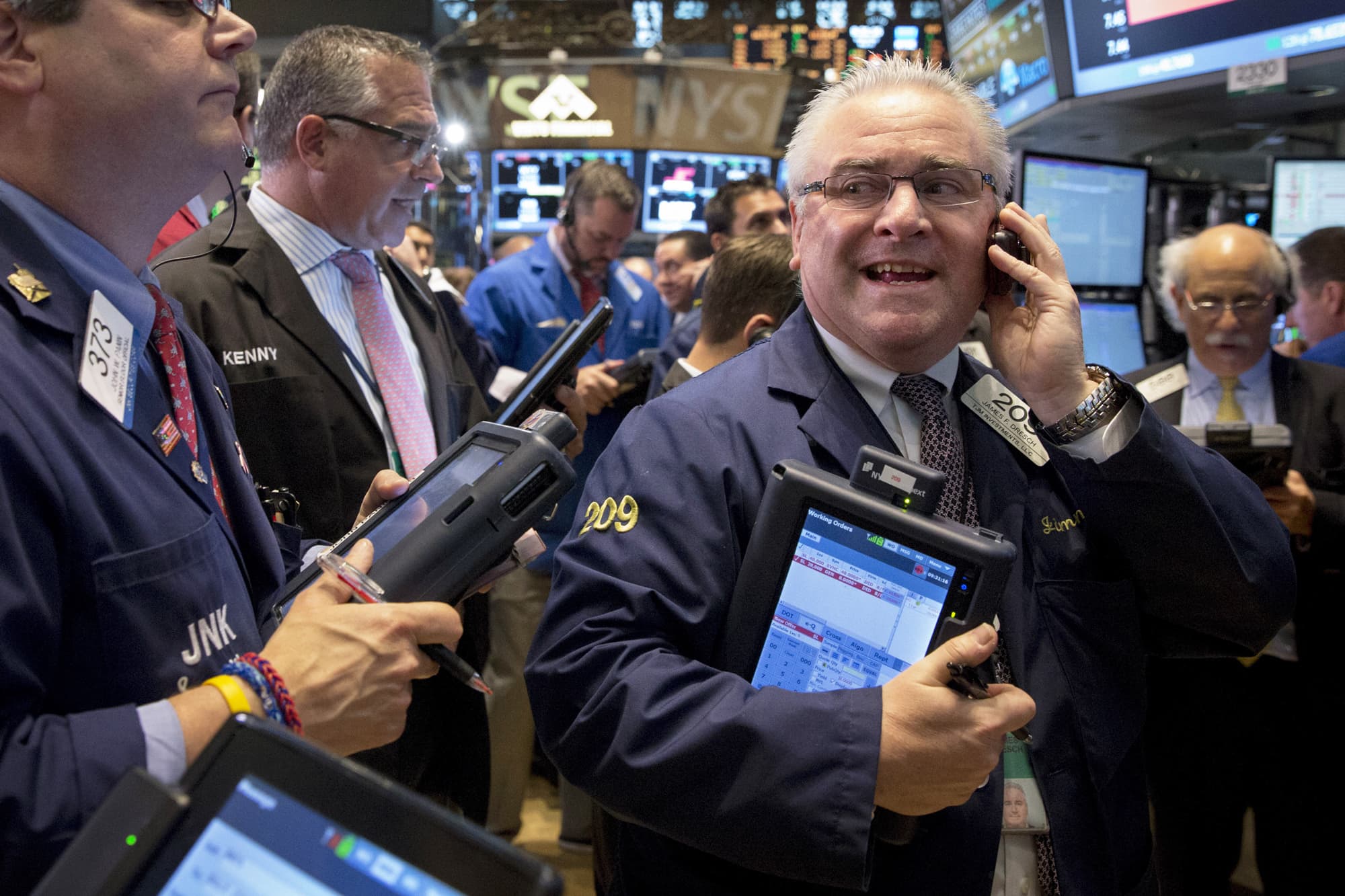Short sellers are up $114 billion this year with winning bets against Tesla and Netflix

Traders work on the floor of the New York Stock Exchange.
Brendan McDermid | Reuters
Short sellers are reaping huge profits this year, as the stock market’s brutal bloodbath fuel their bearish bets.
The short-selling cohort has gained $114 billion in January mark-to-market profits as of Friday’s close, up 11.6% for the year, according to data from S3 Partners’ Ihor Dusaniwsky.
The sell-off in the new year has been severe. The S&P 500 briefly dipped into correction territory Monday, falling more than 10% from its record high. Technology shares bore the brunt of the washout, with the Nasdaq Composite dropping about 12% in January, now sitting almost 15% below its all-time high. The tech-heavy benchmark pulled off a stunning turnaround Monday, however, closing in the green after losing as much as 4.9%.
The stock rout was triggered by a potential policy shift from the Federal Reserve. The central bank has signaled interest rate hikes this year as well as a tapering of asset purchases and a balance sheet reduction. The potential action would mark an aggressive hawkish tilt for the Fed after nearly two years of ultra-easy monetary policy to support the economy from the pandemic.
“While longs have been getting trounced, short sellers have seen widespread profitable trades in this market wide downturn with 79% of all short side money producing profitable returns in January,” said Dusaniwsky, the firm’s managing director of predictive analytics.
Short sellers seek to profit by anticipating declines in the value of securities. A short seller borrows shares of a stock and sells these borrowed shares to buyers willing to pay the market price. As the stock price falls, the trader would buy it back for less money, pocketing the difference.
The most profitable short bet this year has been against Tesla, which experienced a near 12% decline. Short sellers betting against the electric vehicle company have gained $2.3 billion in mark-to-market profits as of Friday, according to S3.
Bets against Netflix have also been particular lucrative. Shares of the streaming giant have fallen a whopping 35% this year after the company admitted that streaming competition is eating into its subscriber growth. The drastic sell-off has translated into a $1.6 billion gain for short-sellers.




